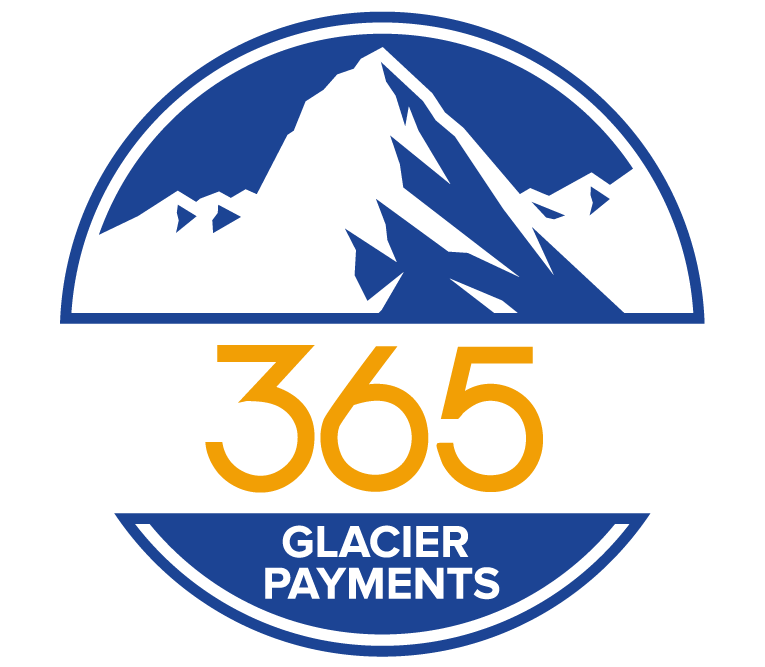Travel Professionals – Why do Credit Card Processors Consider Them High Risk?
You love setting your clients up with epic trips. That once in a lifetime adventure to Kilimanjaro? You’ve got it taken care of, from the gourmet picnics to the mountain guides that will open that cabernet when your client’s feet are aching at the end of the day. You make people’s dreams come true. So, why are travel professionals considered high risk by credit card processors? Read below to understand the rationale behind this, and what you can do about it.
How the Banks Determine Risk:
Let’s say that you are scheduling that long awaited African safari for your favorite client’s honeymoon. Every last detail has been arranged and put into place. The couple slaps their Visa credit card on your desk and tells you that no amount is too much. On the day of the wedding the couple lovingly proclaims their vows. They plan on taking that luxurious first-class flight to the world’s second largest continent first thing the next morning. Only, things don’t go according to plan. After that slice of cake, Betty doesn’t feel so hot. She tosses and turns all night and wakes up with a fever of 103. Now the honeymoon is a no-go. This type of scenario occurs far too often in the travel industry, and can contribute to the bank’s analysis of why travel can be considered a high-risk industry. See below for additional risk factors that the banks consider before granting travel professionals the ability to take credit cards.
The Timing Game:
One of the elements that is considered when labeling a business as high risk is the timing that occurs between when the service is paid for, versus when that service is delivered. Travel is almost always booked in advance, leaving a large window of time for the consumer to change his or her mind. This puts the bank and the merchant at risk of having to return funds to the consumer at a later date, or even worse, the consumer files a chargeback. Client feeling ill? The trip will have to happen next year, when the client has more PTO. Betty’s sister had an unexpected baby? Family comes first. Was your client really excited to visit the Greek Islands when COVID restrictions lifted, but didn’t get that expected bonus? That trip no longer looks so appealing six months down the line, after the initial excitement has worn off. When these situations occur, the travel merchants, as well as the banks, take a hit.
The Expense:
Let’s face it. Travel is expensive. As travel professionals know well, first class airline tickets can run well over $10,000 per seat. With this type of cost, banks and credit card processors can be hit with some massive chargebacks. Even if a scrupulous travel merchant clearly states their refund policy on their website, customers who are spending a large sum of money understandably don’t want to lose what they have paid. Unfortunately, many attempt to get their money returned via a chargeback. Some refer to this as “friendly fraud.”
Typical Fraud:
With internet booking being ubiquitous, booking with a card not present (CNP) is very common. This puts merchants at a higher risk of fraud, as the customer is not present during credit card transactions. A good portion of travel related business is done online, which may contribute to the categorization of a higher risk business type for travel professionals. In the United States, a cardholder’s fraud liability is limited to $50. Who bears the remaining risk? It would either be the merchant or the card issuer. Too much CNP fraud can lead to an organization’s bankruptcy, especially when their margins are already paper thin.
What You Can Do:
1. The first step in either starting or continuing to accept card payments as a travel professional is to find a processor that is willing to work with your business type, and currently has a portfolio of travel accounts, such as 365 Glacier Payments. These processors will know the ins and outs of the business, and you can count on a stable, reliable merchant account. More often than not, easy access payment facilitators such as Square offer quick approval, but then later shut down accounts if they feel they do not want to deal with the risk level any longer, or simply get to reviewing the type of industry that you are in.
2. An additional action that you can take is to hire a company that offers chargeback mitigation services to help keep your number of chargebacks as low as possible. This will help keep your organization in good standing with the processor and the bank. 365 Glacier Payments can provide referrals to chargeback mitigation services that our current clients work with.
3. You also want to make sure that you list your refund policy very clearly on your website, as well as on your paperwork. By doing this, your customers are not caught unaware of what their options are when they sign the dotted line for their booking.
Bottom Line:
At 365 Glacier Payments we are dedicated to the education of merchants regarding business advancement and growth. If you have additional questions or need help setting up a travel related merchant account, please schedule an appointment here. If you prefer, you can reach us at 866.857.8766 or email info@365glacierpayments.com. We are happy to help!





